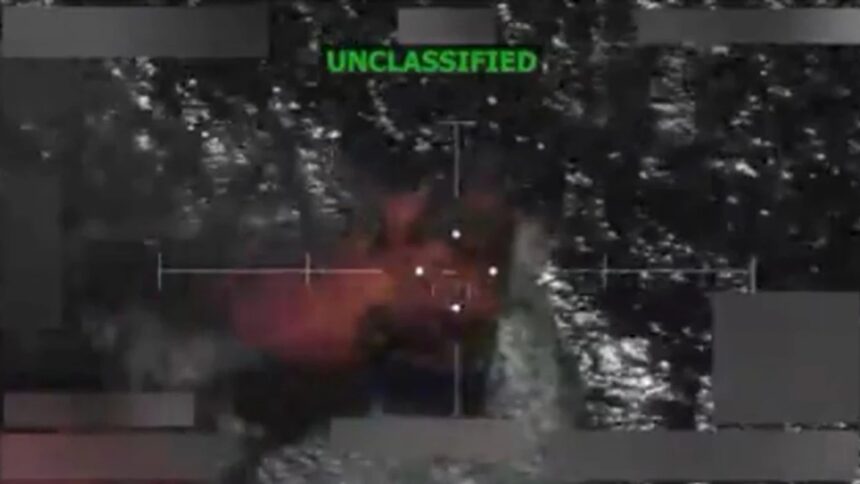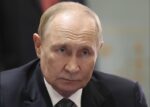U.S. military operations against suspected drug traffickers off the coast of South America have entered a more aggressive phase, with kinetic strikes that, according to American officials, resulted in multiple deaths and sparked strong criticism from international organizations and regional governments.
According to official reports, the United States struck two suspected drug-trafficking vessels yesterday, killing six people.
“Yesterday, under President Trump’s orders, two lethal kinetic strikes were carried out on two vessels operated by designated terrorist organizations,” said U.S. Defense Secretary Pete Hegseth of the Trump administration.
Hegseth emphasized that the strikes took place in international waters and that each boat carried three male “narco-terrorists,” all of whom were killed.
“No U.S. forces were injured. Under President Trump, we are defending the homeland and eliminating cartel terrorists who seek to harm our nation and its people,” Hegseth wrote on social platform X.
U.S. forces have been conducting such strikes since early September, targeting vessels in the Caribbean and the Eastern Pacific—operations that some experts warn could amount to extrajudicial killings, even when aimed at known traffickers. Since the start of the campaign, over 70 people have reportedly been killed.
Hegseth claimed that the targets were identified as linked to illegal narcotics smuggling and were traveling along known trafficking routes in the Eastern Pacific. However, Washington has yet to release any concrete evidence proving that the vessels were carrying drugs or posed a direct threat to the United States.
International reaction was immediate and forceful. The United Nations High Commissioner for Human Rights condemned the strikes as unacceptable and a violation of international human rights law. Venezuela labeled the operations “illegal, murderous, and an act of aggression against a sovereign state.”
Venezuelan President Nicolás Maduro accused Donald Trump of attempting to topple his government—an allegation the U.S. president dismissed, despite reports of contacts between his administration and Venezuela’s opposition.
These developments highlight growing tensions surrounding the methods used to combat international drug networks. While U.S. authorities emphasize the need to disrupt smuggling routes, critics warn of grave legal and diplomatic consequences when military action occurs outside international cooperation frameworks and without publicly available evidence.







